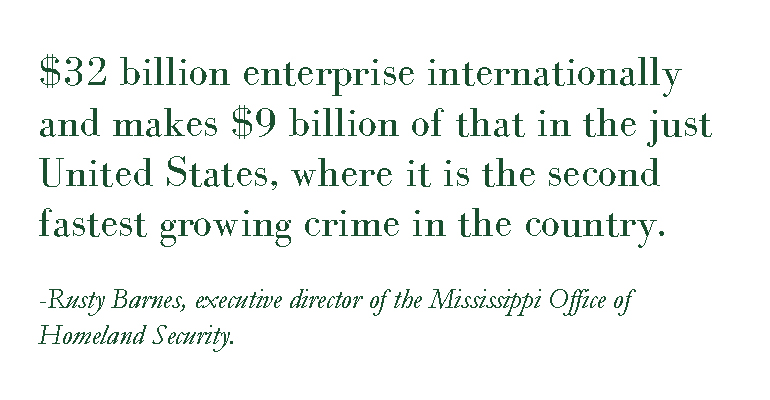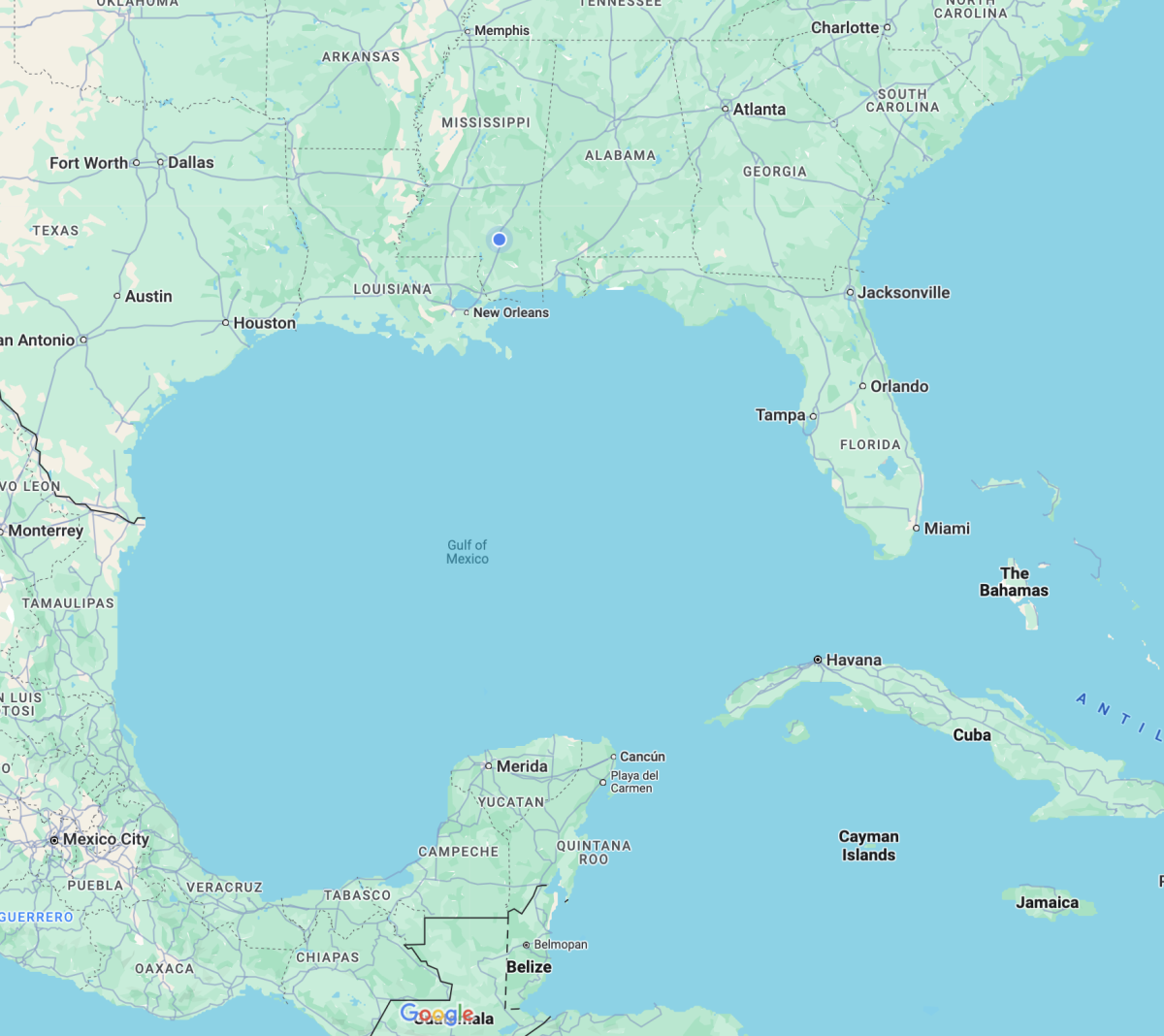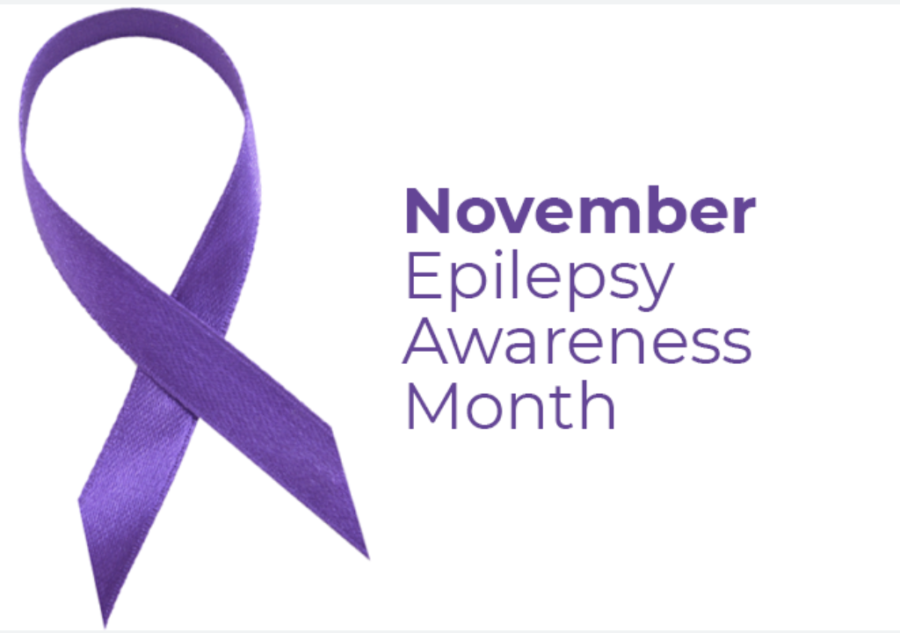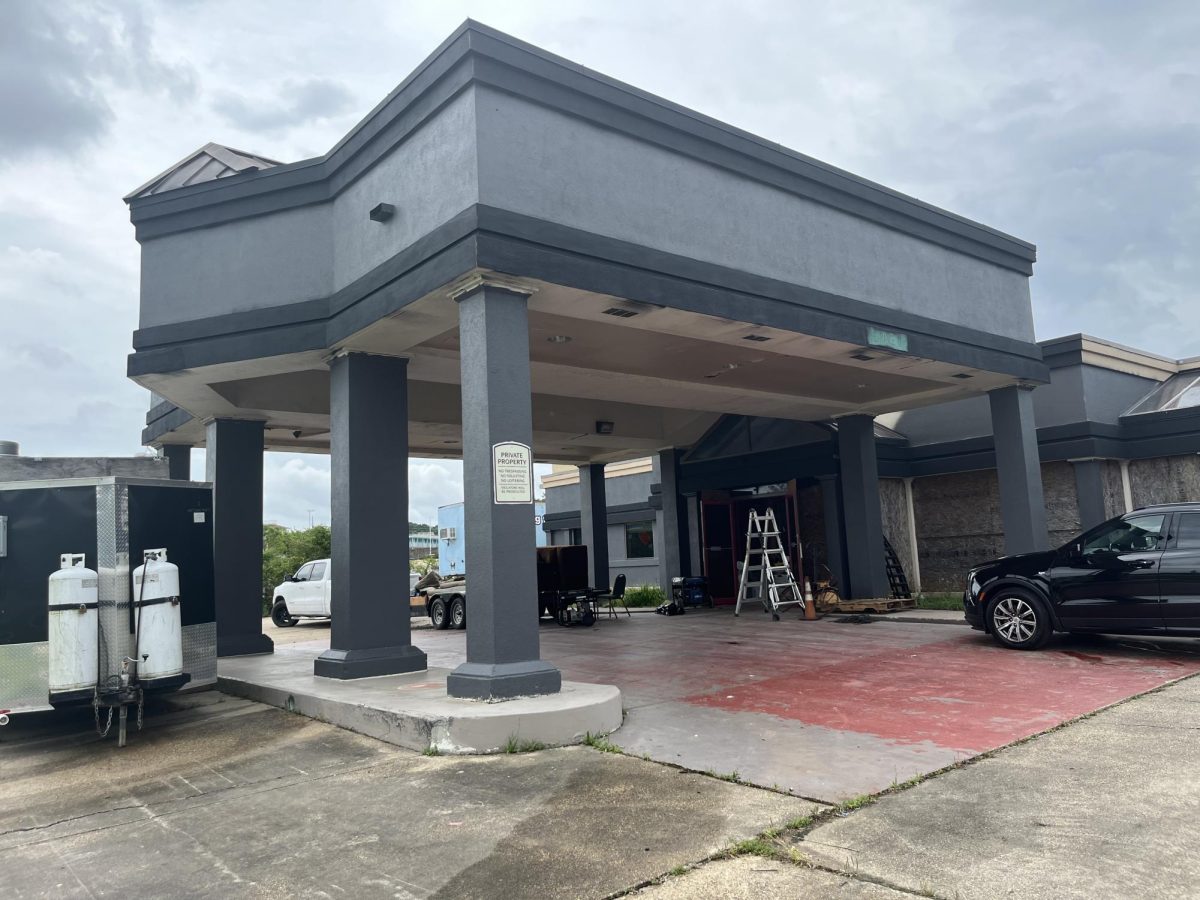Modern-day slavery, today going by the slightly more sterile euphemism “human trafficking,” is a growing issue not only in America, but also in Mississippi, according to Rusty Barnes, executive director of the Mississippi Office of Homeland Security.
Barnes said at a press conference held by Gov. Phil Bryant that human trafficking is a $32 billion enterprise internationally and makes $9 billion of that in just the United States, where it is the second fastest growing crime in the country.
In Mississippi, human trafficking is thought to be on the rise, especially in Hattiesburg and Jackson, due to their location along the main interstates that run through the state.
Robert Press, a professor of human rights at The University of Southern Mississippi, said that while human trafficking is not thought to be incredibly widespread in Hattiesburg, a woman recently reported to local police that she had escaped from traffickers based in Hattiesburg. The investigation remains ongoing.
While exact data regarding human trafficking is currently not available, it is being compiled and is expected to be released to the public sometime in February.
Mississippi’s laws concerning human trafficking are considered comprehensive and effective, earning the state a Tier One ranking – the highest possible – by the Polaris Project. This group works as an advocate for human trafficking victims, as well as a watchdog concerning human rights laws in every state.
When Bryant announced in December 2014 that he was creating a task force consisting of 16 members of the state government to start cracking down on this crime, he was explicit about how he feels both about the perpetrators and what he hopes the new task force will achieve.
“Human trafficking and the people that fall victim to it are often hard to identify,” he said. “It’s a serious crime that often is forgotten, even though we know it is happening. By bringing together the relevant individuals from around the state… we will draw closer to putting a stop to this terrible crime in our state.”
One of the most heinous things about human trafficking is that it can happen to almost anyone, anywhere.
Young college-aged women in particular are an attractive target, typically because the main aim of the traffickers is to exploit them for pornography or prostitution, but almost anyone who appears vulnerable, from the homeless child to the woman out jogging alone late at night, can be a potential victim.
Former Southern Miss student Brittney Eakins, a political science major who served as president of Students for Human Rights and focused her capstone on human trafficking before graduating in fall 2014, said that there is really “only one apparent characteristic shared by the majority of trafficked victims, and that is some form of vulnerability that can be targeted by traffickers.”
These vulnerabilities can include poverty, unemployment or lack of a support structure, although oftentimes abroad, young women are especially targeted for kidnapping by groups.
However, Eakins points out that victims of trafficking are often stereotyped.
“It is a common misconception (in America) that the majority of trafficked victims are foreign nationals or women from poor countries sold into the sex industry. Trafficked persons can be men or women, adults or children, foreigners or U.S. citizens,” she said.






































